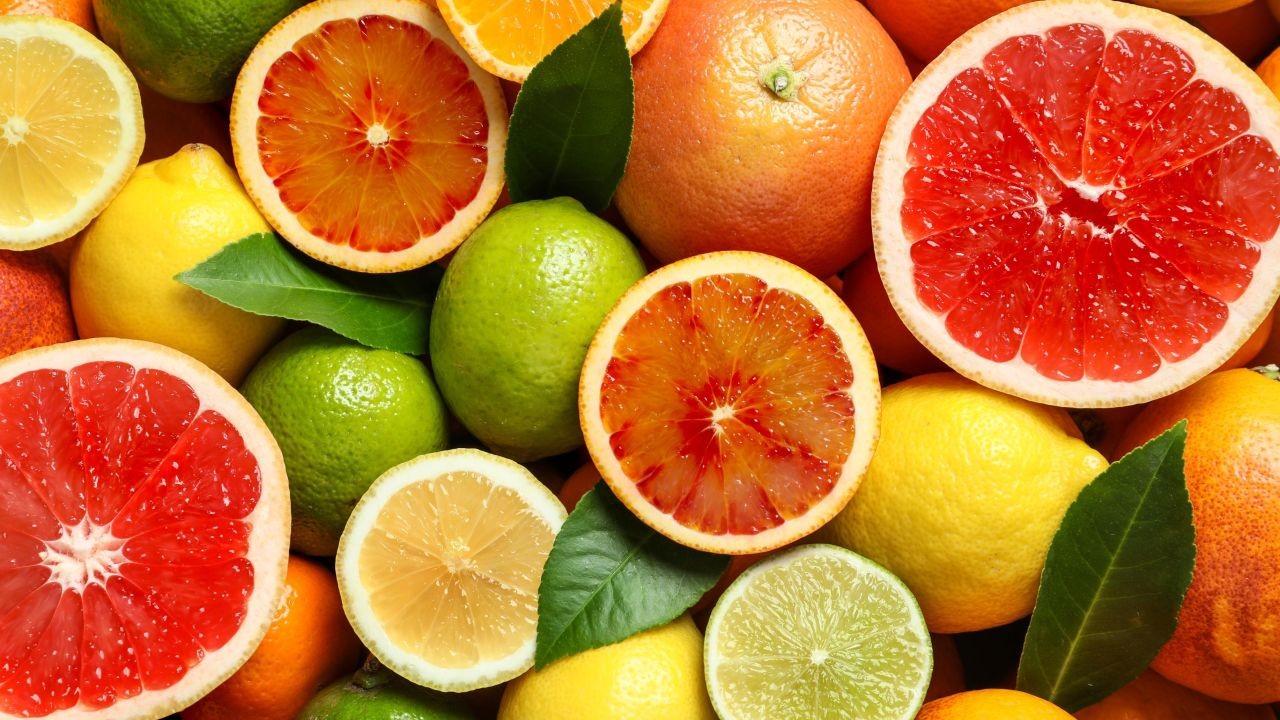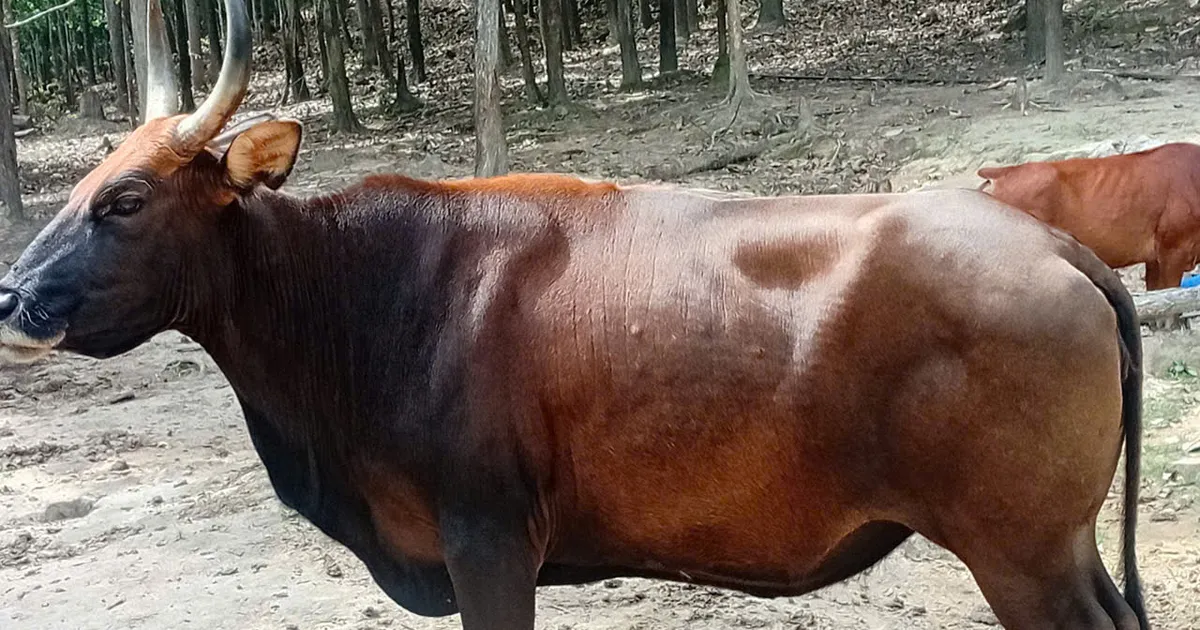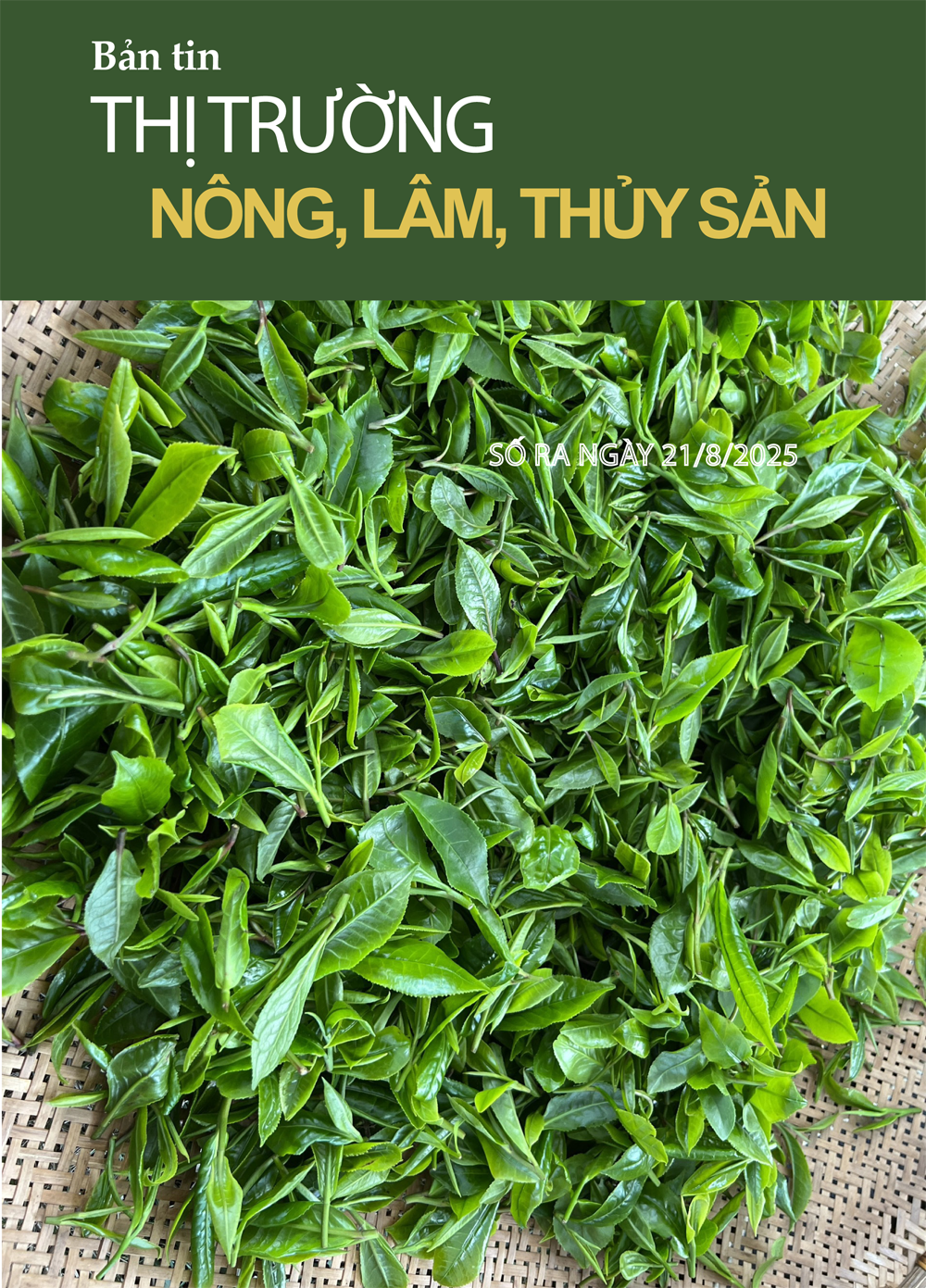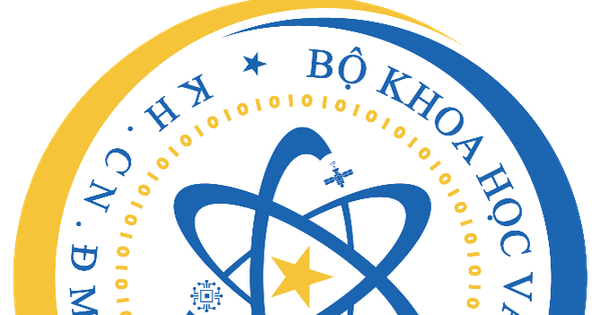A diet rich in essential nutrients such as calcium, vitamin D, iron, protein, omega-3... will help women stay healthy and live longer.
 |
| Vitamin C plays an important role in women's health. (Source: Adobe Stock) |
Folate
Folate is an important nutrient that every woman should include in her daily diet. This nutrient helps improve heart health, nerve function, skin and eye health, digestion, blood circulation, and energy production.
Health experts recommend that pregnant women take folate supplements because it can reduce the risk of birth defects in newborns.
Folate can be consumed in the form of green leafy vegetables, legumes, fortified cereals, and citrus fruits.
You can also take folate supplements but only after consulting a specialist.
Calcium
Calcium is important for maintaining strong bones and teeth. Women, especially from middle age, are at higher risk of osteoporosis, which is characterized by brittle and weak bones.
Therefore, adequate calcium supplementation is especially necessary for women. Calcium is abundant from sources such as milk, yogurt, cheese...
For vegans, they can choose plant-based milks and green leafy vegetables like kale and spinach.
Vitamin D
Vitamin D is essential for calcium absorption, immune function and overall health, acting as a hormone in the female body.
You can spend some time in the morning or late afternoon sunlight to absorb some vitamin D. Additionally, to incorporate vitamin D in your diet, you can consume dairy products and fatty fish.
Iron
Iron is another essential nutrient needed to maintain healthy blood and help prevent anemia. If you are iron deficient, you may experience fatigue and weakness.
Experts recommend eating iron-rich foods including lean red meat, poultry, fish and beans, along with foods rich in vitamin C for faster absorption and better digestion.
Omega-3 fatty acids
Omega-3 fatty acids are important for maintaining good heart health and reducing the risk of cardiovascular disease, the leading cause of death in women.
Omega-3 fatty acids are found in sources such as avocados, walnuts, chia seeds, and olive oil. Incorporating these foods into your diet can have a positive impact on heart health.
Protein
Protein is the basic building block of life and is essential for muscle mass, immune function, and tissue repair. Women of all ages need to consume adequate amounts of protein to maintain overall health.
Protein-rich foods include lean meat, poultry, fish, eggs, dairy products, lentils and tofu, and a varied diet will ensure a balance of important amino acids in the body.
Vitamin C
Vitamin C, commonly known as ascorbic acid, is a powerful antioxidant that plays several important roles in women's health. It promotes collagen synthesis, which benefits skin health and wound healing.
Additionally, vitamin C improves iron absorption, which is especially beneficial for women with iron deficiency anemia. Vitamin C is abundant in citrus fruits, strawberries, bell peppers, and broccoli.
Fiber
Fiber is a nutritional powerhouse that benefits women of all ages. It supports a healthy weight, aids digestion, and reduces the risk of chronic diseases like heart disease and type 2 diabetes.
Whole grains, fruits, vegetables, beans and nuts are all high in fiber.
Potassium
Potassium is an electrolyte that is essential for blood pressure regulation as well as healthy muscle and nerve function. Consuming enough potassium helps reduce the risk of high blood pressure and stroke.
Potassium is found in abundance in bananas, oranges, potatoes, spinach, and beans. It is important to balance potassium with sodium for optimal blood pressure control.
Source



![[Photo] President Luong Cuong receives delegation of the Youth Committee of the Liberal Democratic Party of Japan](https://vstatic.vietnam.vn/vietnam/resource/IMAGE/2025/8/22/2632d7f5cf4f4a8e90ce5f5e1989194a)

![[Photo] Prime Minister Pham Minh Chinh chairs the conference to review the 2024-2025 school year and deploy tasks for the 2025-2026 school year.](https://vstatic.vietnam.vn/vietnam/resource/IMAGE/2025/8/22/2ca5ed79ce6a46a1ac7706a42cefafae)


































































































Comment (0)